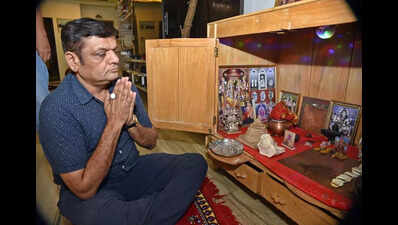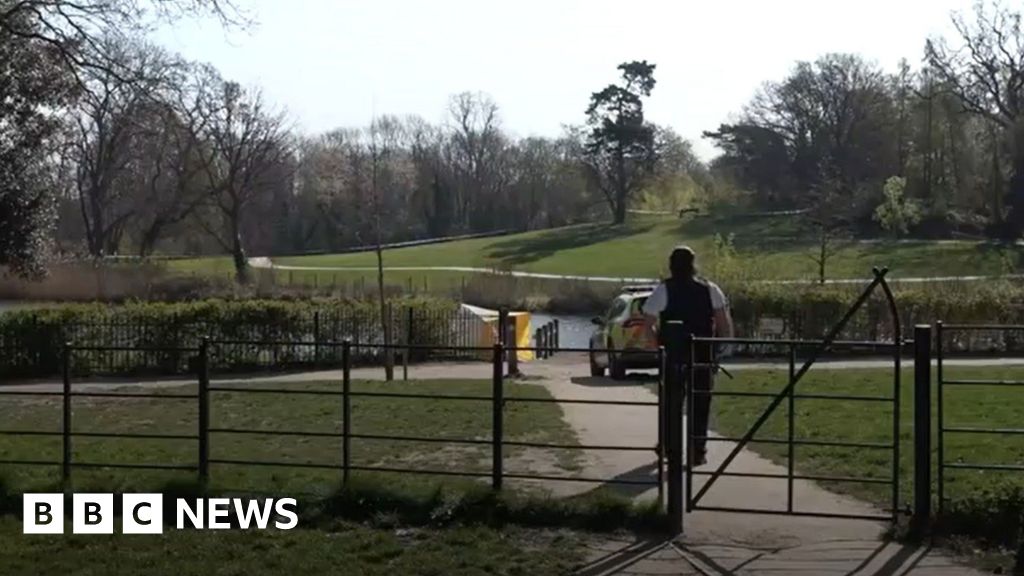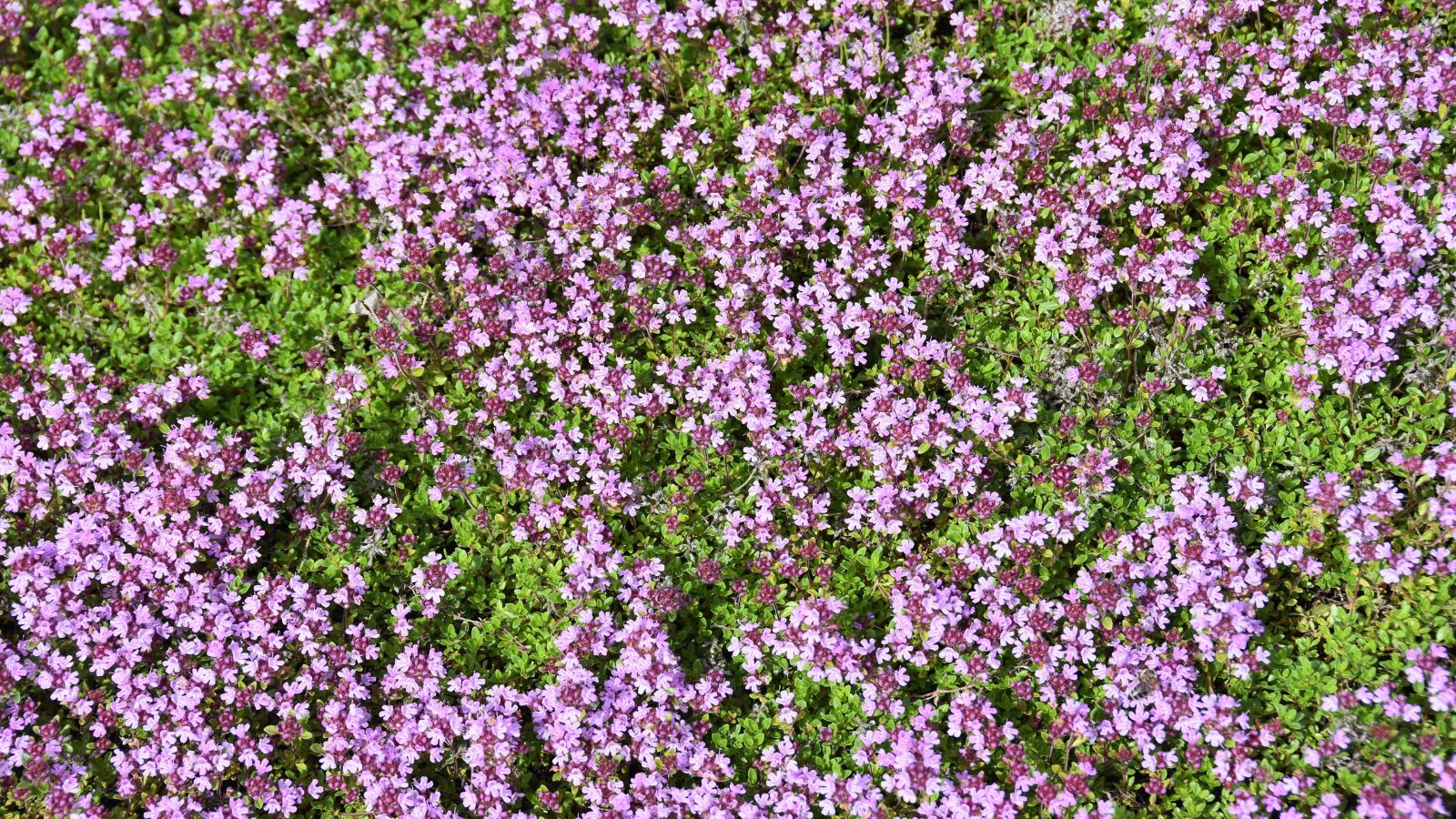Slug: Communal Harmony Surat: On the Ram Navami day on Sunday, a number of Sia Ismaili Muslims , commonly known as Khojas, will worship Lord Ram in the city. They have temples set up inside their homes, where they pray daily to the deities. Some of them are diehard worshippers of Hindu deities so much so that it is difficult for others to identify that they belong to a different community.
For example, Rashmin Halani, a developer, has Hanuman Chalisa as the caller tune on his phone. Apart from images and idols of different Hindu deities in the temple at his home, he has got multiple images of Lord Ram and Ram Darbar. "There is no temple in Gujarat — from Somnath to Shamlaji — where I have not visited with my family.

Our upbringing for the past few generations was done in a way that we do not want ourselves to be identified as different," Halani told TOI. "Our guru Aga Khan teaches us to respect all religions and have love for all. My children also do Ganesha Path daily," said Halani.
Ahead of the Ram Lalla consecration ceremony at Ayodhya in Jan 2024, a huge Kalash Yatra was organised by members of the Khoja community, and hundreds joined the celebration. Kalu Mithani, an agricultural product trader, mentions his ancestral history, saying with how his grandfather played a key role in developing a temple at his village Chogath in Bhavnagar. "I and my family enthusiastically participate in all religious and family functions of other communities.
Earlier, some people raised objections, but it has become history now," said Mithani. He worships Lord Hanuman and Lord Ram, along with other deities. He has a small temple at his home where he prays daily.
A grocery shop owner, Karim Panjwani, said: "No religion in the world divides us, but it teaches us how we can accept each other. We are not important, but the one in the temple is important, and for him, we should follow harmony for all." Panjwani says that his was the only family in his native village Bhada in Amreli district and how other communities took care of them in struggling times.
Now, the Khoja community is also marrying off their children in other communities..
















